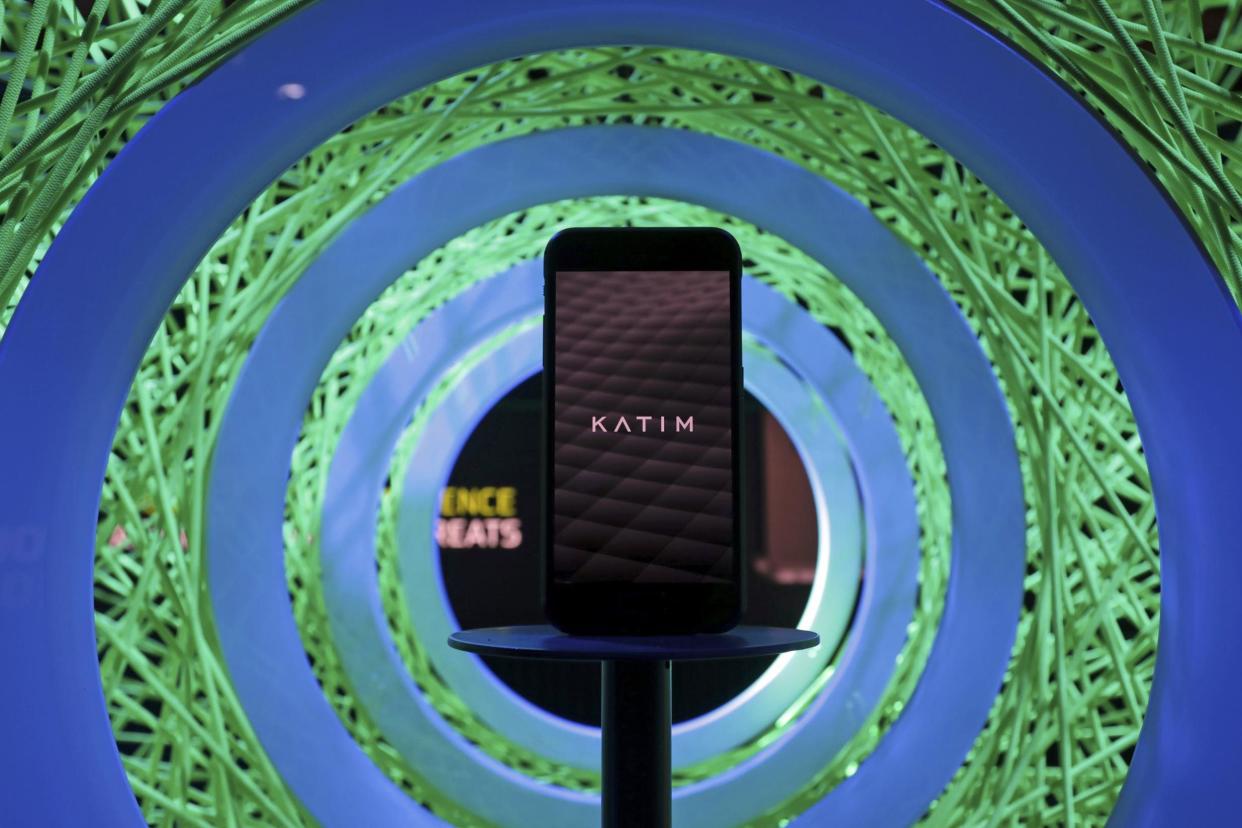DarkMatter Katim: Ultra-secure smartphone for world's elites unveiled in Barcelona

A new ultra-secure smartphone has been launched aimed at politicians and business leaders who fear being hacked.
The grey aluminium Katim device from cyber security firm DarkMatter runs on its own secure system and is packed with security features, including extra encryption and two-step authentication.
It is being targeted at the super-rich and people needing top security clearance, such as world leaders, business tycoons at risk of corporate espionage and those working in defence.
Faisal Al Bannai, the firm’s founder said at Mobile World Congress in Barcelona: “I am not talking about a phone for the average consumer.
“We are addressing heads of state, government entities, large enterprises, who really hold sacred security and confidentiality.”
It has four levels of security protection - the phone, its operating system, applications and a cyber command centre.
The phone is preloaded with apps that have safety in mind, such as encrypting voice calls and a messenger that automatically secures photos and expires after a time limit.
A special app store features only software that has been vetted.
The Katim operating system is said to be compatible with almost any smartphone running Google’s Android, and is apparently secure against unauthorised modifications.
The Abu Dhabi-based firm are tapping in to the growing market for data security amid a rise in hacking attacks.
While it is not the first encrypted phone on the market - others include Sikur’s GranitePhone - it has one of the most complete hardware, software and cloud security packages.
DarkMatter did not disclose a price tag for the phone, but another super-secure model by the German GSMK CryptoPhone costs from 1,500 euros (£1,277).
Mr Al Bannai said: “Data is today’s currency. There’s so much that can be accessed through your phone, and data is a treasure mine.
“Simply by connecting to public Wi-Fi or enabling location tracking on your phone can make you vulnerable.”


